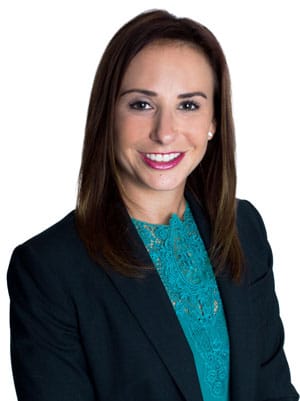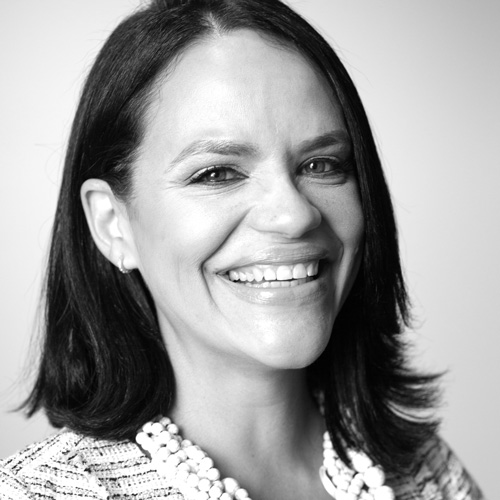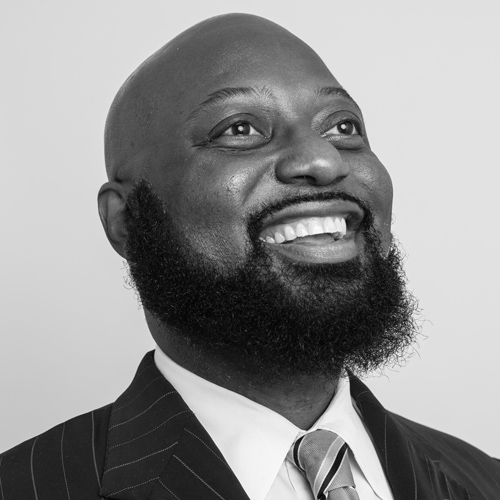There are two main ways to expand a company,” says Avella Specialty Pharmacy’s Abby Kaplan. “You can do it organically, or you can do it through acquisition.” In 2016, Avella did both.
In November 2016, Avella relocated its corporate headquarters to a new, fifty-thousand-square-foot location in Phoenix, which will also house a mail-order pharmacy and compounding facility. The new facility is geographically close to the former headquarters, and it also presents significant opportunities for the quickly growing company.
“Part of the growth of Avella has been a result of our expanding capabilities in the compounding space,” says Kaplan, the organization’s general counsel, chief compliance officer, and executive vice president of administration. In 2016, Avella compounded 17 percent more prescriptions and served 43 percent more patients than the previous year. By moving into a larger facility with nearly three times the clean room space, Avella will be able to expand its compounding practice for doctors’ offices and hospitals, while continuing to compound for individual patients at its other facilities, she says.

The new headquarters previously housed a medical device manufacturer. Although the building had clean room and office space, it required upgrades to fit Avella’s needs and adhere to government regulations. “We redesigned the clean room space to make sure that it would provide for an environment that is consistent with what the FDA requires for registered outsourcing facilities,” Kaplan explains. She worked with Avella’s executive vice president of operations and executive vice president of clinical affairs and quality assurance, among others, on the clean room and office setup to help ensure that the company hired the appropriate vendors to adhere to FDA regulations. “It was really a team effort,” she says.
Kaplan’s compliance team focused on securing the necessary licenses and contracts. “Our strategy has been to start fresh,” she says. As a nonresident pharmacy and outsourcing facility, Avella must attain licenses for each state where they ship products: fifty licenses for the pharmacy and fifty for the FDA-registered outsourcing facility. Rather than transferring existing licenses, Kaplan’s team is acquiring new licenses for the new space and relocating employees as they obtain the necessary paperwork. Avella relocated the corporate functions in November 2016, and plans to have completed the operations transition by the end of 2017.
Along with moving headquarters, Avella acquired two companies in 2016: Advanced Pharma, now Avella of Houston, and Oncology Plus, now Avella of Tampa. The latter compounds patient-specific oncology products at its five-thousand-square-foot facility, expanding Avella’s compounding capabilities in the oncology realm. And Avella of Houston is a thirty-five-thousand-square-foot, 503B-registered outsourcing facility that compounds products for hospitals, health systems, and ambulatory surgery centers across the country. Combined with Avella’s new Phoenix location, the company will soon have the capacity to compound more than twenty-two thousand prescriptions per day.
Housing the corporate functions and some of the compounding operations under one roof will increase efficiency and provide additional office space for the company’s growing corporate teams. Before Kaplan joined Avella in 2015, the company outsourced its legal work and maintained just one full-time employee across the legal and compliance departments. “When I came in as the general counsel, the effort was made to centralize legal work in-house where we could and make sure that we had as much oversight as possible,” Kaplan says. Now, Kaplan has four reports across legal and compliance, plus two legal interns.
“We started it in response to some of our customers who were women working in healthcare who were feeling like they really didn’t have an outlet to communicate and share common ground with other women in leadership positions at similar organizations.”
In addition to managing the legal team, Kaplan oversees the compliance department, where she ensures that the proper procedures are documented and updated regularly and that employees are trained appropriately. Her team’s director of compliance and regulatory affairs conducts audits in conjunction with the clinical and quality department to ensure that all employees and consultants are following the processes, and the human resources department, also managed by Kaplan, retrains or remediates as needed. “My role is not to be an operator,” Kaplan explains. “It’s providing support for the operators throughout the company to make sure that we’re all protected in our day-to-day activities.”
As well as growing her team, Kaplan has expanded her reach beyond the office. In 2015, she helped launch the Women in Healthcare Network together with Avella CEO Rebecca Shanahan and several other women at the company. The network aims to create a space for female healthcare professionals to discuss issues and opportunities in the field. “We started it in response to some of our customers who were women working in healthcare who were feeling like they really didn’t have an outlet to communicate and share common ground with other women in leadership positions at similar organizations,” Kaplan says.
Although 78 percent of healthcare professionals are women, according to the Bureau of Labor Statistics, women are drastically underrepresented among healthcare executives. As a company with a female CEO, Avella is in the minority; but according to Kaplan, gender is not a focus in the company. “I’m fortunate to be in an environment where I don’t have to worry about it,” she says. “I don’t need to do anything other than perform well.”
The approach comes from the top. “Shanahan really inspires everyone,” Kaplan says. “She’s really an advocate for the leadership team and for all the employees here. It’s nice to see somebody like her in that role from a mentorship perspective.”
The Women in Healthcare Network gathers every few months for a combination of formal and informal professional development programming. The response has been positive, and the group has gained a following among female healthcare professionals. “The goal,” Kaplan says, “is to create an avenue where people can have informal conversations about anything that they need to discuss as it relates to their role or finding the right fit for themselves in their organization.”


